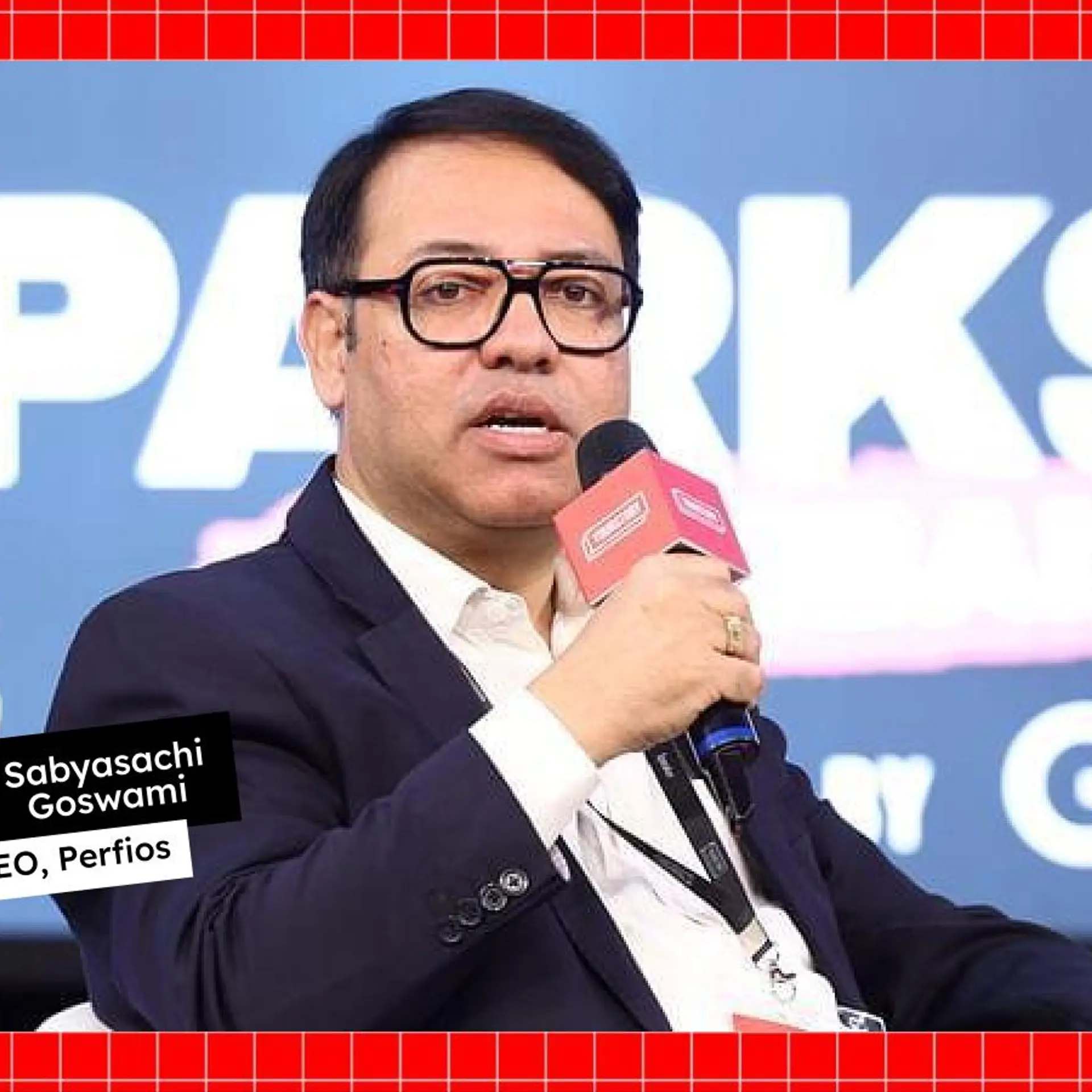The AI race has just begun, and India is bang on track: Amitabh Kant
Only India has the culture of innovating smarter and will ensure that AI is used for social good, asserts India’s G20 Sherpa and the former CEO of NITI Aayog.
Early advances in artificial intelligence in the United States and China notwithstanding, the future will be shaped by how India innovates, scales, and democratises this technology, said Amitabh Kant, India’s G20 Sherpa and the former NITI Aayog CEO.
“The race has just begun,” Kant said, in an interview with YourStory Founder and CEO Shradha Sharma.
"Technological races are never won by those who do the first round of innovation," said the former bureaucrat, when asked if India was late in building foundational AI technologies, an area dominated by the US and China currently.
The period since late 2022—when OpenAI introduced the world to the wonders of generative AI technology—has seen a predominance of US-based startups and technology companies in this space. The general belief since then has been that generative AI needs big spends and access to the kind of high-performance processors that Nvidia, a global leader in AI computing, makes.
This belief was rudely shaken up recently with the announcement by China-based DeepSeek that its chatbot could match OpenAI’s ChatGPT, though developed at a fraction of its cost and without access to US processors.
The India advantage
Kant doesn’t reckon that this market should be talked about as a binary choice between the US and China.
“We are bang on track,” he said, pointing to India’s advantages. “None of these countries have 500,000 engineers. None of them have such a high adoption rate. And none of them have the culture of innovating smarter."
Kant said, “They can spend billions but they will never be able to innovate smarter. They will never be able to scale at the speed at which India will do. And lastly, they will never be able to democratise technology in the manner in which India will do. And therefore, India must drive the AI revolution like it has done with the digital public infrastructure model.”
He continued, “Only India will be able to ensure that AI is used for social good to improve lives of citizens, to improve learning outcomes, to improve health outcomes, and to improve nutritional standard. Do you think this will happen with the United States of America? Do you think this will happen with China? No, only India can do this.”

The future of AI will be shaped by how India innovates, scales, and democratises this technology, says Amitabh Kant, India’s G20 Sherpa and the former NITI Aayog CEO.
In every meeting of the G20, the forum of the 20 most industrialised economies, that India hosted in 2023, “we demonstrated vigorously that India is a technological powerhouse, which will use its size and scale to transform lives of its people,” recalled India’s G20 Sherpa.
However, according to him, India needs to carry out the following: do nimble cost-effective engineering, provide computing power for research, and build foundational models, especially multilingual and multimodal ones, based on “India’s civilisational strength.” Also, he said, the Government must open out its data sets.
This is one of the seven pillars of the IndiaAI Mission. The CapTable reported recently how India’s IT Ministry is set to unveil ‘AI Kosh,’ a library of non-personal datasets that can be used by startups and technology companies to build foundational models. Under this, not only is the Government opening up its non-personal datasets but is also working with large private players to bring them on board.
About the IndiaAI Mission, Kant said, “The aim really is to ensure that you are able to provide a huge amount of compute power to our institutions, and to say that we will be providing computing power at about Rs 100 an hour, which will be the cheapest computing power available anywhere in the world.”
A ‘regressive’ US order
Kant termed the new US regulations on AI hardware exports, one of Joe Biden’s last orders as the President of the US, as “very, very regressive.”
These regulations, coming under the ‘Framework for Artificial Intelligence Diffusion,’ place countries in three tiers, the first of which features 18 US partners such as the United Kingdom and Germany. These countries hardly face any restrictions when it comes to sourcing US AI hardware.
India figures in the second tier, as do a majority of the countries, and faces restrictions. In the third tier are countries such as Russia and China, which face severe restrictions in accessing such technologies from the US.
“It's a very very regressive order for a country which has been a Quad partner, because you can’t be negotiating with India as a trusted partner and then say that I’m going to restrict supply of both computing power and frontier models,” Kant said. “It was a very unfair and improper order just before the Biden administration was leaving.”
With Donald Trump taking over as the President last month, Kant said, “We need to work with the United States of America to see that computing power that is of the most advanced variety, as is being made available to 18 countries, should be made available to to India as well, because after all the market is going to be in India.”
“If you do not enable top class computing power being made available to India, where will the American company sell?” he asked. “If you do not do that, are you saying that India should go and partner Huawei?”
In this context, Kant said the prime minister's visit to the US has been “very successful.”
Money isn’t an issue
To a question on resources, Kant said, “There’s no shortage of money.”
The Government has provided an outlay of over Rs 10,000 crore for the IndiaAI Mission. “The minute it is utilised, more money will be provided. I have never found a shortage of money for these huge amounts of technological leapfrogging.”
He, however, acknowledged the importance of growth capital being available for startups in the deeptech space in India. “One of the good things the finance minister has done in this Budget is firstly to create a fund of funds for startups by putting another Rs 10,000 crore. And secondly to talk about a deeptech fund as a part of the Rs 20,000 crore she's allocated for innovation. So if you are able to create a deeptech fund of Rs 10,000 crore, it will have a huge impact.”
Kant, who earlier as the Secretary of the Department of Industrial Policy and Promotion had driven initiatives such as Startup India, said he reckons it is important that India’s insurance companies, pension funds, family houses, all put out resources that can be used for funding many of the deeptech startups. “You can't find solutions for India only on foreign money,” he said. “Why the US succeeds is because a lot of risk capital is available.”
He is for allowing AI disruptions to take place. “Whatever rule has to come in, should be a pro-innovation. It can’t be done by one country. It will require global rules. If one country does it, then it will remain backward. I mean, I’ve seen this happening in the EU.”
Edited by Swetha Kannan








